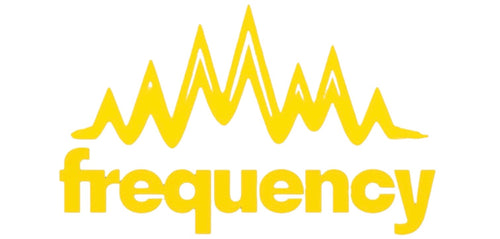Introduction
Skateboarding is a thrilling sport that encompasses various elements, from board design to terrain. One often overlooked but crucial component of a skateboard is the wheels. Skate wheels come in various sizes and hardness levels, and in this blog post, we'll delve into the importance of skate wheels hardness. Understanding this aspect can greatly enhance your skateboarding experience, as it directly impacts your board's performance on different surfaces and tricks.
What is Skate Wheels Hardness?
Skate wheels hardness is commonly referred to as "durometer." It is measured on a scale called the "A scale," which ranges from 1 to 100. The higher the durometer number, the harder the wheel. Conversely, lower numbers indicate softer wheels. The standard skate wheels hardness typically falls within the range of 78A to 101A, but there are wheels outside this range for specific purposes.
The Impact of Hardness on Skateboarding
-
Durability: One of the most immediate effects of wheel hardness is durability. Harder wheels tend to last longer than softer ones. This is because the softer material tends to wear down more quickly, especially when subjected to rough or abrasive surfaces.
-
Speed: Hard wheels are generally faster than soft wheels. Their reduced grip on the pavement allows for less friction and, therefore, faster movement. If you're into high-speed downhill rides or street skating, harder wheels may be your preference.
-
Control: Softer wheels offer better grip on the ground, making them suitable for beginners or those who primarily skate on rough terrain. The added grip provides more control, making it easier to navigate bumpy surfaces.
-
Smoothness: Soft wheels absorb shock and vibrations more effectively than hard ones. If you enjoy cruising, carving, or skating on rougher surfaces, softer wheels can provide a smoother ride by dampening the impact.
-
Tricks: The choice of wheel hardness also plays a role in skateboarding tricks. Street skaters often prefer harder wheels because they allow for easier sliding and precise control during technical tricks. On the other hand, vert or transition skaters may opt for slightly softer wheels to maintain grip on ramps and inverts.
Choosing the Right Durometer
Selecting the right durometer for your skate wheels depends on your style of skating and personal preferences. Here are some general guidelines:
-
78A to 87A: Consider these soft wheels if you're into cruising, longboarding, or skating on rough surfaces. They provide a comfortable and smooth ride.
-
88A to 95A: These wheels offer a balanced mix of grip and speed, making them suitable for street skating and skatepark tricks.
-
96A to 101A: If you're a technical street skater or enjoy high-speed downhill runs, harder wheels in this range will give you the speed and control you need.
-
Above 101A: Extra hard wheels are typically used for specialized purposes, like slalom racing or specific tricks. They provide minimal grip but maximum speed.
Conclusion
Skate wheels hardness is a critical factor in your skateboarding experience, influencing speed, control, and durability. When choosing the right durometer, consider your style of skating and the type of terrain you'll be skating on most frequently. Experimenting with different wheel hardness levels can also help you fine-tune your setup to match your preferences and skill level. Ultimately, the perfect wheel hardness is the one that suits your unique skating style and allows you to enjoy the sport to the fullest. So, get out there, hit the pavement, and find the perfect hardness for your skate wheels!
